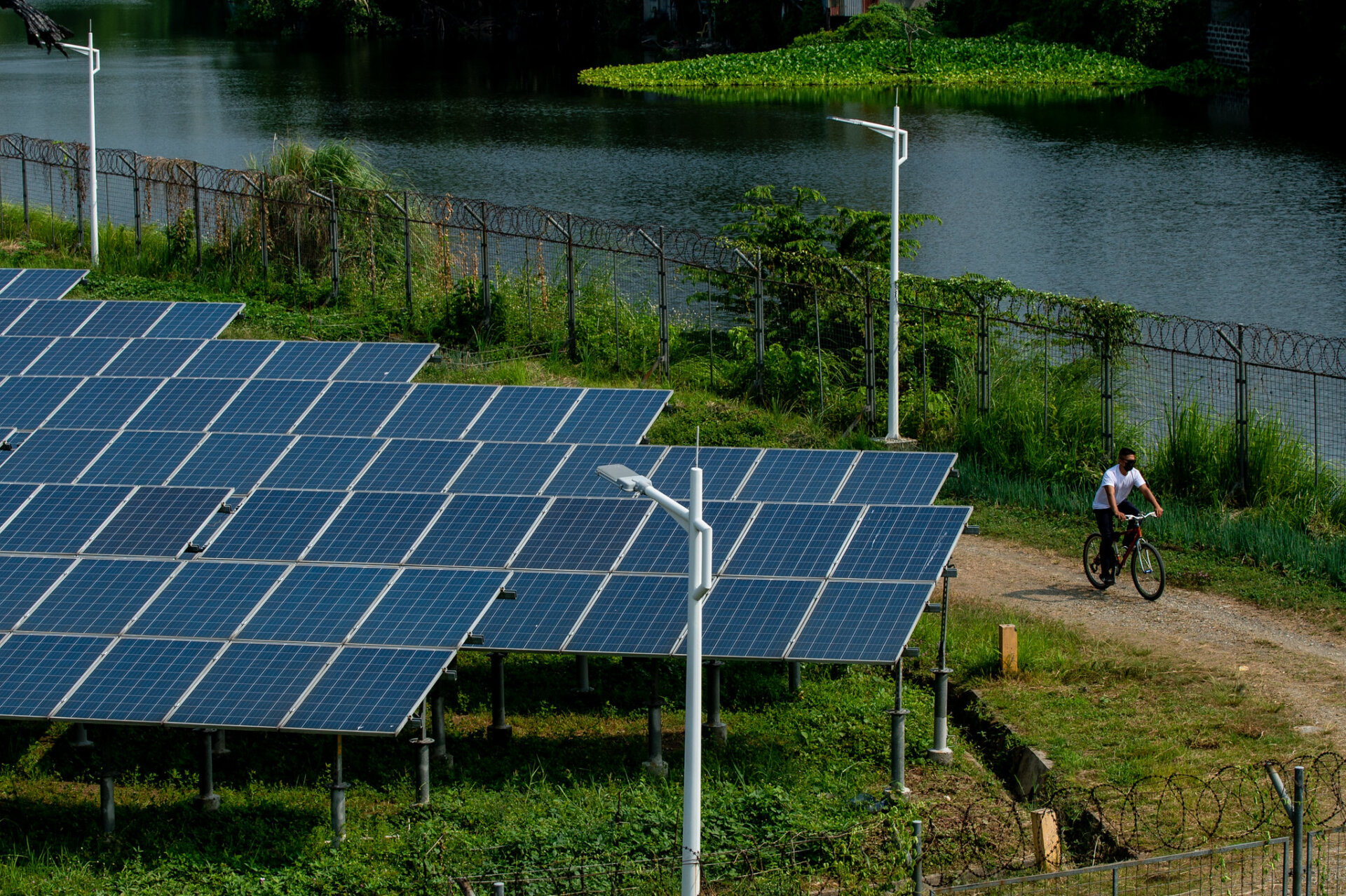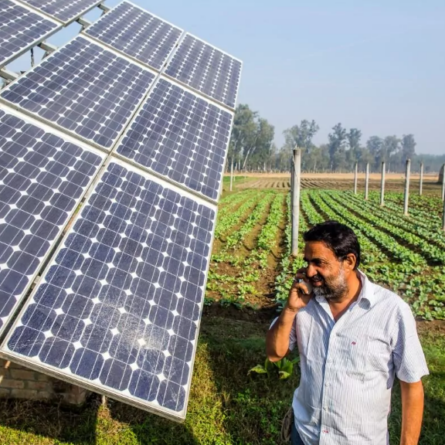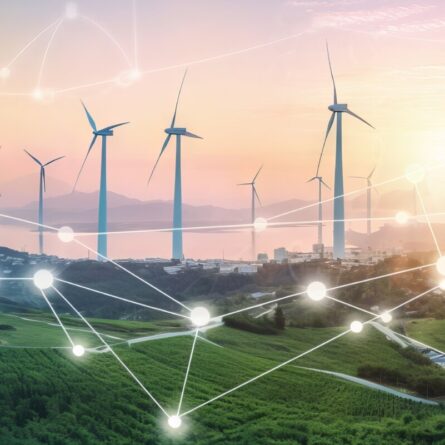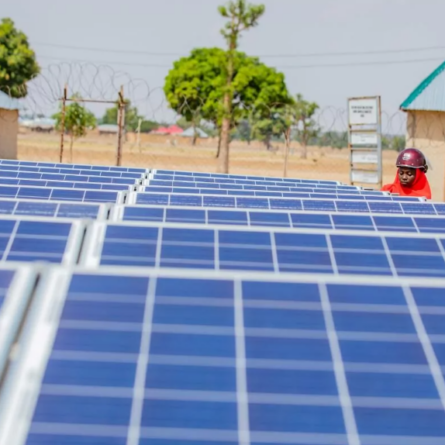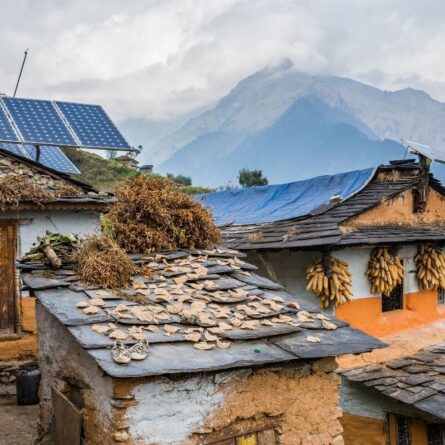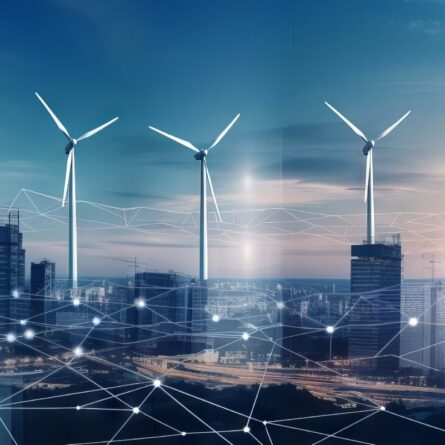There is a structural shift happening in our energy systems. Supply-side focused systems dependent on centralised power plants now increasingly include a myriad of modular, decentralised, integrated solutions. Consumers are taking more active roles, including as producers of energy themselves. These changes, and the political momentum surrounding them, enable a new way of thinking about energy systems that can support the energy transition, provide security, and centre the needs of people.
Energy systems that integrate decentralised solutions with centralised generation and strengthened grids have the potential to accelerate the just energy transition. Electrification increases energy efficiency, and distributed renewables allow us to achieve net zero targets faster than large-scale technologies. In addition to these climate benefits, the new generation energy systems can be more affordable, equitable and resilient.
The economic and political momentum is growing. Organisations and coalitions are driving action around the various components of this new generation of energy system. However, they face common barriers, which are slowing progress. Distributed solutions are often seen as individual technologies: small, niche and difficult to scale. Additionally, existing policy frameworks, energy systems and financing models often do not cater for these solutions, which slows their expansion.
Our future energy systems can achieve the multiple goals of energy affordability, equity, and net zero by deploying and integrating distributed, efficient, and flexible components. Proponents of the new generation of energy systems can break down silos and push forward a collaborative action plan to overcome remaining barriers.
At E3G we are developing a series of analyses looking at this from finance and policy perspectives and inviting partners to collaborate.
Our work on new generation energy systems:
For more information about our work on new generation energy systems, please email Annisa Sekaringtias at annisa.sekaringtias@e3g.org.
